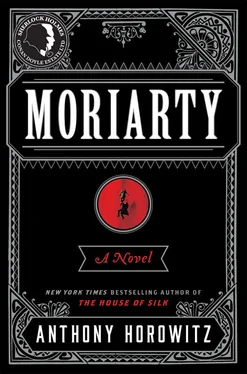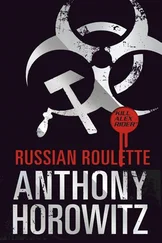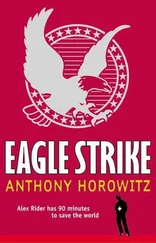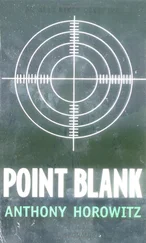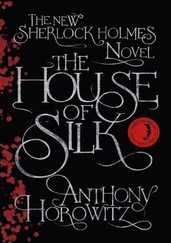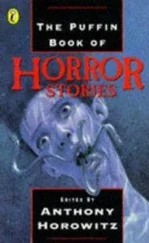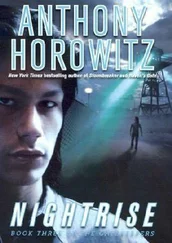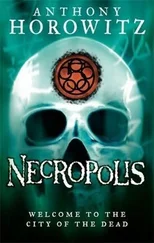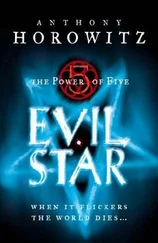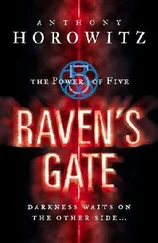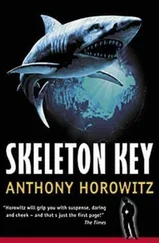It was I, of course, who ordered the attack on Scotland Yard the following day. Although everything I subsequently said was designed to make Jones believe that he was the intended victim of the explosion, it was in fact the telegraph room—a fortunate coincidence that it was next to his office—that was the real target, ensuring that Lestrade’s irritating message would not be sent for some time to come. Perry carried the bomb into the building while Colonel Moran waited for him in a brougham. Just before the explosion, I went through the charade of drawing attention to them, even risking my life beneath the wheels of an omnibus. It was important that Jones should see that they had come in a brougham—I had chosen that type of carriage on purpose—for I knew that he would use every means at his disposal to track it down. Perry and Moran told the driver to take them to the American legation but, just as at Bladeston House, they did not in fact go in. It was enough that they had been close by.
I was quite surprised that Jones so readily agreed to ignore the sanctity of diplomatic immunity and to place his career at risk by entering the legation in disguise, but by this time we were such close friends and he was so determined to find Clarence Devereux—particularly following the loss of life at Scotland Yard—that he would have done anything and it was he who unmasked Coleman De Vriess. I expressed the necessary amazement but in fact had very quickly guessed as much myself.
From this point on, Jones took charge of the investigation and I had little to do but to follow, dutifully playing Watson to his Holmes. We had visited the Bostonian together and it had been interesting for me to meet Leland Mortlake for the first time. However, the real advantage of the raid was that it had allowed me to plant yet another clue. The Scotland Yard detectives had been singularly incapable of working out what HORNER 13 meant, even when I had reminded them of the shaving soap and had suggested that it might refer to a druggist or some similar establishment. No wonder Holmes so frequently walked all over them! I had therefore picked up an advertisement for the barber’s shop which I slipped amongst the magazines in Pilgrim’s room, even as I pretended to examine them. Jones found it and once again the game, as he would have put it, was afoot.
His unravelling of the Chancery Lane business was, I have to say, quite masterly, worthy of the great detective himself, and I had no argument with the trap that he devised at the Blackwall Basin. If only Devereux himself had come to inspect the plunder that John Clay had supposedly removed from the Safe Deposit Company, how much more easily the whole thing would have ended. But he did not. Edgar Mortlake slipped through our fingers and Devereux remained out of our reach; I realised that he would need further goading, another setback, before he would deliver himself into my hands.
The arrest of Leland Mortlake provided exactly that. It was a little sad, but not surprising, that Jones should leap to the conclusion that a blowpipe had been used, when the poisoned dart was discovered in the back of Leland’s neck. He had, of course, been witness to a similar death, described by Watson in ‘The Sign of the Four’. In fact, I had been carrying the dart all the time and simply slid it into my victim’s flesh as I steered him away from an overzealous waiter when we were leaving the club. The tip was covered with anaesthetic ether as well as strychnine, so he would have felt nothing. I would have liked him to suffer more. This was, after all, the man whose loathsome company Jonathan Pilgrim had been forced to endure. But his death was a provocation, nothing more. And it most certainly worked.
I could not have foreseen that Devereux would respond by kidnapping Jones’s daughter. Even I would never have stooped so low, but then, as I have said, we played by different rules. What was I to do when Jones came to my hotel with the news? I saw at once that to accompany him would place me in the gravest danger but at the same time it was clear that the game was reaching its climax. I had to be there. Once again, luck was on my side. Perry happened to be in my hotel room. The two of us had been in conference when Jones arrived. I was able to tell him of this latest development and to make arrangements for my protection.
Both Perry and Colonel Moran were outside the Joneses’ home, waiting in a hansom, when we left that night. You may recall that when I stepped into the street, I called out, as if I were addressing the kidnappers. In fact, my words were intended for Moran, letting him know our destination and giving him time to reach it ahead of us. So when we came to Dead Man’s Walk, he was already there. He saw us knocked unconscious. He and Perry followed us to Smithfield meat market and, although it was a close call, they managed to find us just when it mattered most. It was when I was face to face with Devereux, by the way, that I came closest to being unmasked. He had guessed that Jonathan Pilgrim had been working for me and that he was not a Pinkerton’s man at all. He began to deny that he had ever written the coded letter that had begun all this and, had I not interrupted, the truth would surely have come out. I threw myself at Devereux for that simple reason—to bring any further discussion to an end—even though it cost me the injuries that I subsequently received.
I am almost finished. Another drop of brandy and we will get there. Now… where was I?
All my efforts had been directed towards extracting Clarence Devereux from the legation and when we arrived for our interview with Robert Lincoln, both Colonel Moran and Perry were already in place, one on a nearby rooftop, the other in the street, now disguised as a costermonger. They have, all along, been superbly efficient. It is true that Moran is interested only in the money that I pay him, while Perry is highly disreputable, an underage sadist, but even so I could not have chosen two better companions.
And Jones! I think by the end he had actually guessed—perhaps not who I was, but certainly who I was not. All along he had been aware that something was wrong. His problem was, he simply couldn’t work out what it was. His wife had been right about him. He was not as clever as he thought and that was to be the undoing of him. Ironically, she had been the wiser of the two for she had mistrusted me from our first meeting and even, at the very end, voiced her suspicions out loud. I feel sorry for her and for her daughter, but there could be no alternative. Jones had to die. I pulled the trigger, but I wish even now that it could have ended another way.
He was a good man. I admired him. And although in the end I was forced to kill him, I will always think of him as my friend.
I took out my own gun. Jones looked at me and I think I saw shock, dismay and finally resignation pass through his eyes.
‘I’m sorry,’ I said, and shot him in the head.
He was killed instantly, his body falling sideways as his walking stick tumbled to the ground one last time, rattling against the paving stones. Everything had to happen very quickly for I knew that there were many Scotland Yard men nearby. I climbed down from the curricle and walked the few steps to the Black Maria which had stopped in the middle of the road. Both the driver and his companion were dead. The constable who had been positioned at the rear was still clinging onto the door as if it was his duty to keep it shut. I shot him in the back and watched him crumple. At the same moment, Colonel Moran fired a third time and the policeman standing next to Perry spun round and fell. I saw Perry scowl. It was one less person for him to kill.
I climbed onto the Black Maria, pushing one of the dead men out of the way. I was vaguely aware of pedestrians pointing and screaming but of course none of them approached. They would have been mad to try and I had counted on their fear and panic to give me time to make my escape. Perry hurried over, wiping his knife on a rag, and climbed up next to me.
Читать дальше
